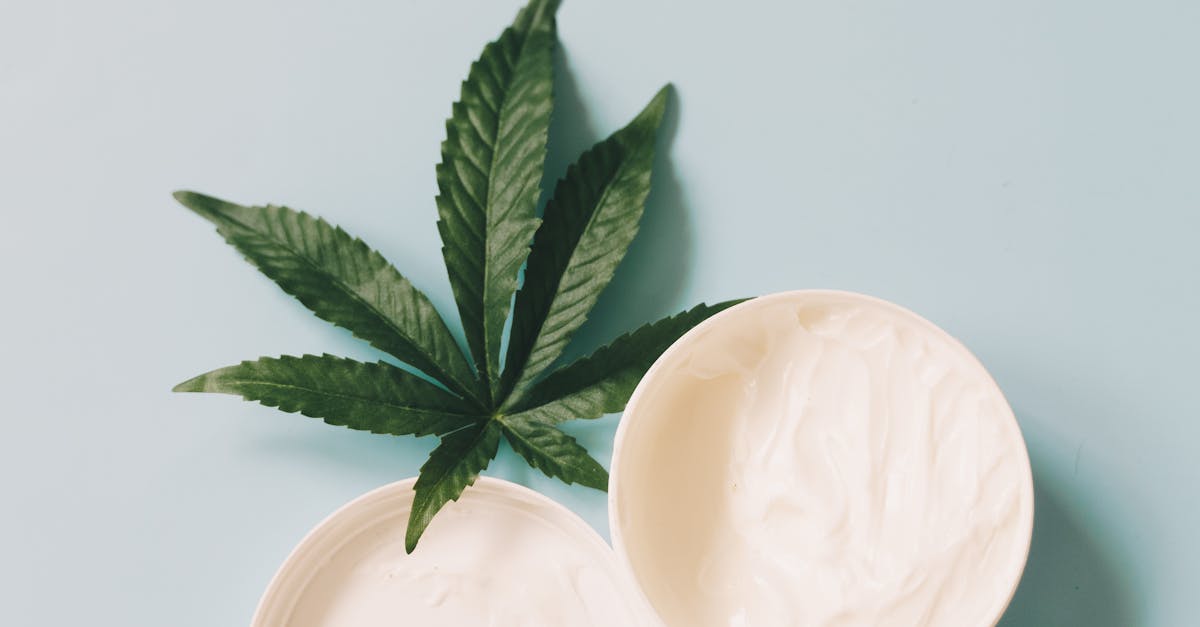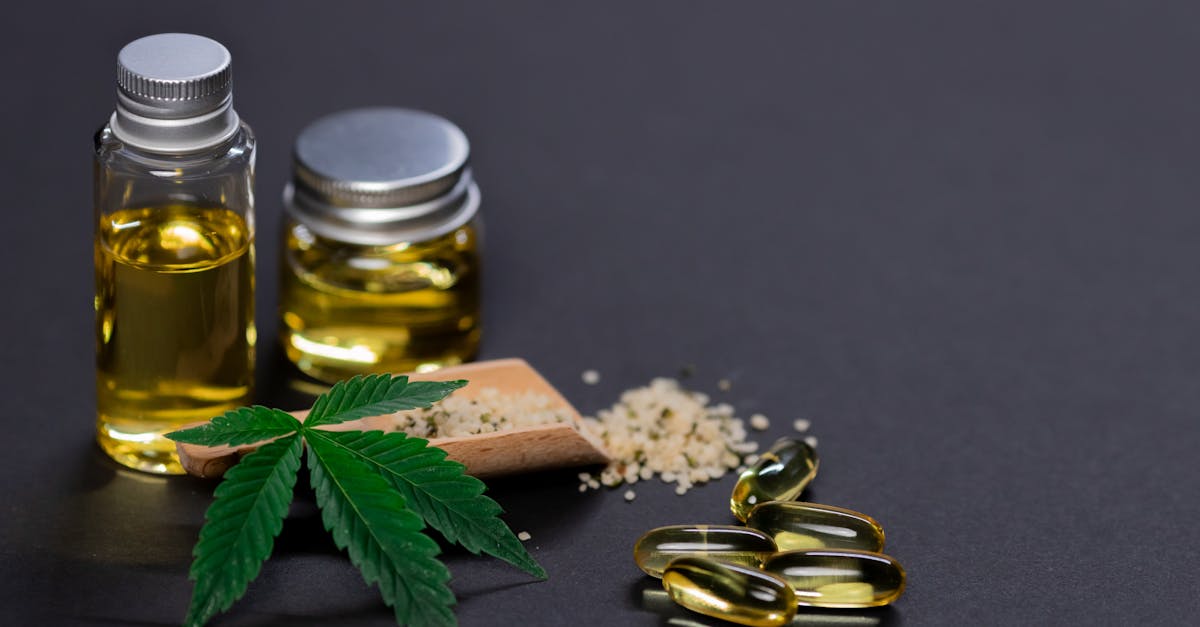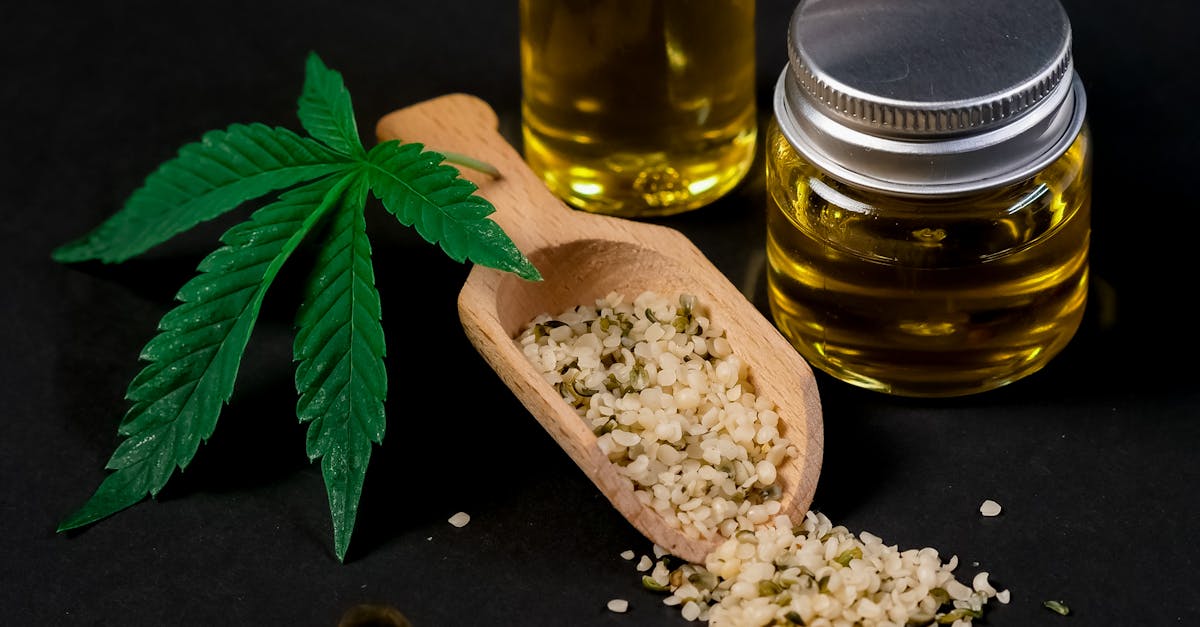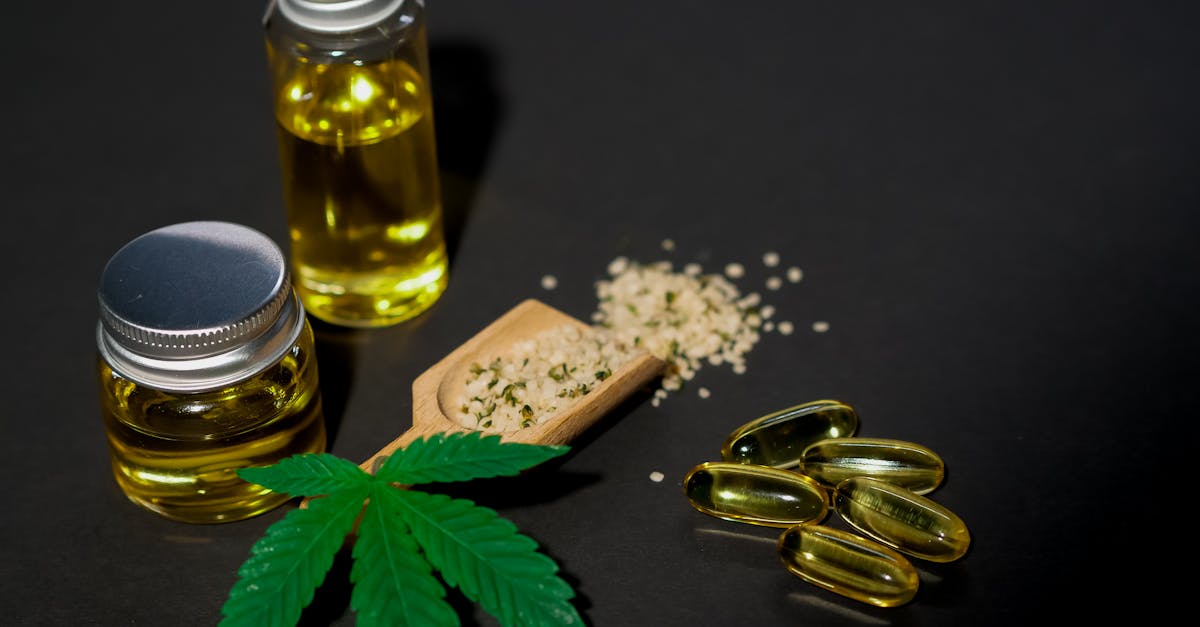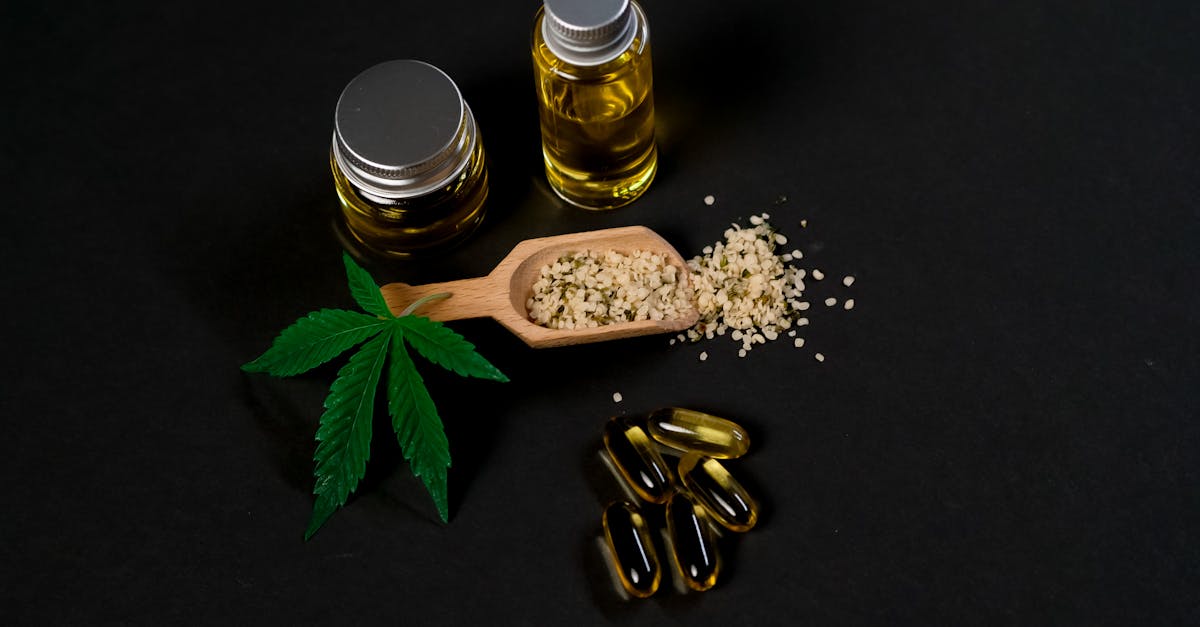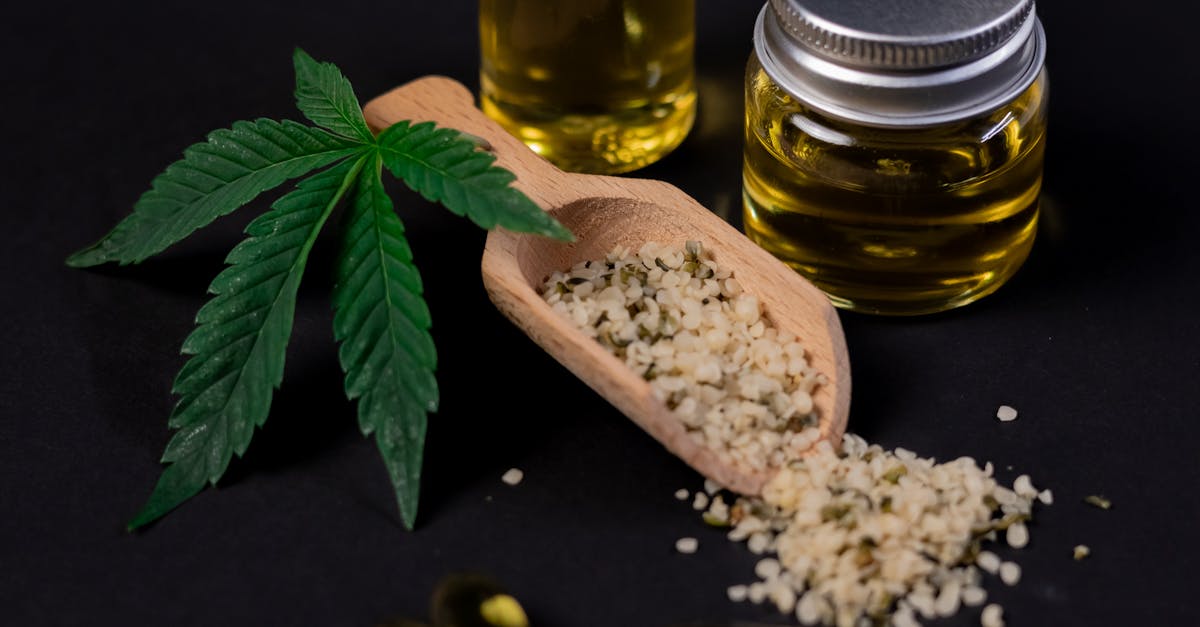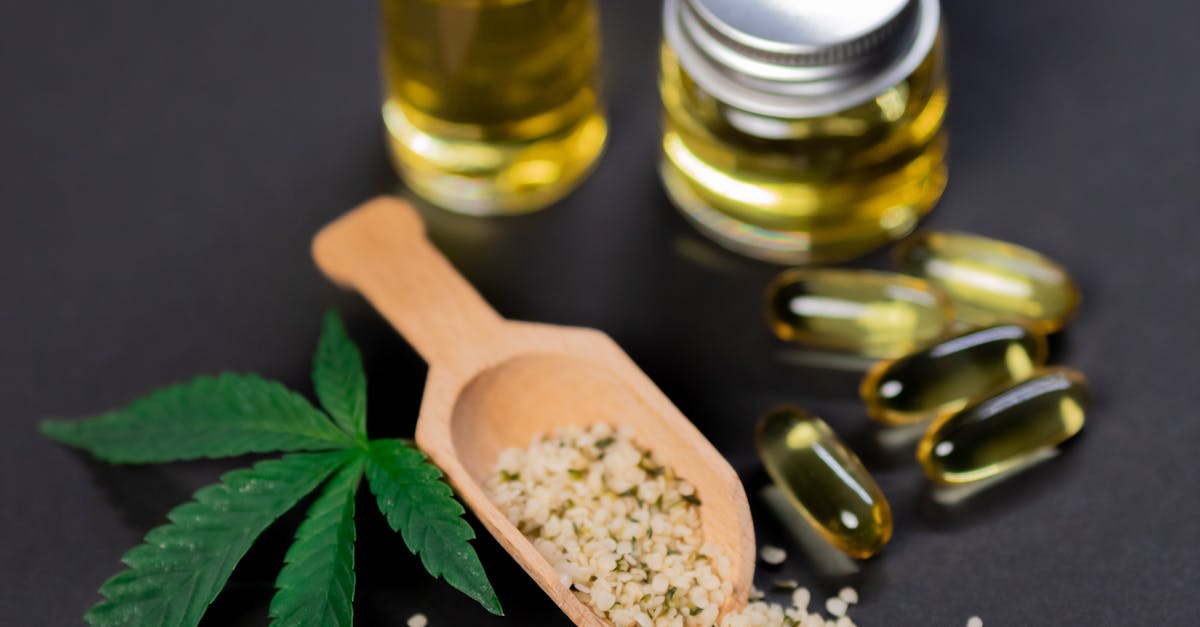
Table Of Contents
Importance of Testing for Prohibited Substances
When it comes to ensuring the safety and quality of cannabis edibles, testing for prohibited substances is of paramount importance. As the market for Cannabis Edibles in Cambridge continues to grow, consumers rely on producers to uphold stringent testing protocols to prevent harmful ingredients from entering the market. By implementing thorough testing procedures, manufacturers can safeguard consumers and maintain regulatory compliance.
Furthermore, rigorous testing for prohibited substances in cannabis edibles not only protects consumers from potential health risks but also upholds the reputation of the industry as a whole. With increased scrutiny from regulatory bodies and the public, demonstrating a commitment to testing for prohibited substances showcases a dedication to transparency and accountability. As the landscape of Cannabis Edibles in Cambridge evolves, prioritizing thorough testing practices will be instrumental in fostering consumer trust and establishing a responsible industry standard.
Ensuring Safety in Cannabis Edibles Production
Ensuring safety in cannabis edibles production is paramount in the cannabis industry, especially with the growing popularity of edibles among consumers. Companies, such as Cannabis Edibles Niagara, are increasingly focusing on implementing stringent quality control measures to guarantee the safety and integrity of their products. This includes rigorous testing of raw materials, thorough sanitation of production facilities, and strict adherence to regulatory guidelines.
Furthermore, proper training of staff members and regular audits of manufacturing processes are essential components in maintaining a safe production environment for cannabis edibles. By prioritizing safety protocols and quality assurance practices, companies can uphold their reputation and build trust with consumers. Cannabis Edibles Niagara is dedicated to upholding the highest standards in edible production to ensure that their products are not only enjoyable but also safe for consumption.
Developing Safe Formulations for Cannabis Edibles
Developing safe formulations for Cannabis Edibles Cambridge is essential to ensure consumer well-being and compliance with regulatory standards. By carefully selecting ingredients and scrutinizing their sources, manufacturers can mitigate the risks associated with prohibited substances in these products. Through rigorous testing and adherence to quality control measures, producers can uphold the integrity of their formulations and maintain trust among consumers in the cannabis edibles market.
Moreover, fostering transparency in the supply chain is pivotal in guaranteeing the safety of cannabis edibles. Suppliers must consistently provide detailed information regarding the components used in the manufacturing process to enable accurate labeling and precise tracking of ingredients. By fostering a culture of openness and accountability, the industry can strive towards creating a more secure environment for producing Cannabis Edibles Cambridge.
Strategies for Ingredient Substitution
A crucial aspect of ensuring compliance with regulations involving prohibited ingredients in Cannabis Edibles Cambridge is implementing effective strategies for ingredient substitution. When a prohibited ingredient is identified in a recipe, it is essential to have suitable alternatives readily available. Ingredient substitution must be approached cautiously to maintain the desired taste and texture of the final product. This process often involves thorough research and testing to determine the most suitable replacement that aligns with both regulatory standards and consumer preferences in Cannabis Edibles Cambridge.
Additionally, fostering strong relationships with suppliers is paramount for the successful implementation of ingredient substitution strategies in Cannabis Edibles Cambridge. Suppliers play a pivotal role in assisting manufacturers in sourcing alternative ingredients that meet regulatory requirements. Clear communication regarding ingredient specifications and regulatory constraints is crucial to ensure that suppliers understand the importance of providing compliant substitutes. Collaborating closely with suppliers can streamline the process of ingredient substitution and help manufacturers adapt quickly to any changes in regulations pertaining to Cannabis Edibles Cambridge.
Regulatory Updates on Prohibited Ingredients
Regulatory bodies are continually revising the list of prohibited ingredients in cannabis edibles to ensure consumer safety. In recent updates by Cannabis Edibles Cambridge, certain substances have been added to the list due to potential health risks. These changes have prompted manufacturers to adjust their formulations to comply with the new regulations.
Moreover, the evolving landscape of regulations around prohibited ingredients in cannabis edibles underscores the importance of staying informed and adaptable to industry changes. Companies operating in this sector must remain vigilant in monitoring updates from regulatory authorities to maintain compliance and uphold product quality standards. As the industry progresses, the collaboration between policymakers and industry stakeholders will be crucial in fostering a safe and sustainable market for cannabis edibles.
Pending Changes in Cannabis Edibles Legislation
Pending changes in cannabis edibles legislation are continuously evolving as policymakers strive to ensure the safety and quality of products available to consumers. In light of recent concerns surrounding the presence of prohibited substances in cannabis edibles, regulatory bodies are taking proactive measures to implement stricter guidelines for manufacturers. The overarching goal is to maintain the integrity of the market while safeguarding public health and promoting transparency in the industry.
One such initiative is the proposal known as Cannabis Edibles Cambridge, which focuses on establishing a comprehensive framework for identifying and prohibiting harmful ingredients in cannabis edibles. By mandating rigorous testing protocols and enforcing strict compliance measures, this legislation aims to address potential risks associated with the consumption of contaminated products. As stakeholders in the cannabis edibles sector await the finalization of these regulatory updates, adherence to existing standards remains paramount to mitigate any potential legal or reputational repercussions.
FAQS
What are some common prohibited ingredients in cannabis edibles?
Some common prohibited ingredients in cannabis edibles include nicotine, caffeine, and alcohol.
How can I ensure that my cannabis edibles are safe for consumption?
You can ensure the safety of your cannabis edibles by testing for prohibited substances, following strict production guidelines, and using safe ingredient substitutions.
Are there any strategies for substituting prohibited ingredients in cannabis edibles?
Yes, there are strategies for substituting prohibited ingredients in cannabis edibles, such as using alternative flavourings, sweeteners, and binding agents.
What are the current regulatory updates regarding prohibited ingredients in cannabis edibles?
The current regulatory updates on prohibited ingredients in cannabis edibles may vary by region, so it is important to stay informed about local legislation and guidelines.
Are there any pending changes in cannabis edibles legislation that I should be aware of?
There may be pending changes in cannabis edibles legislation, so it is advisable to stay updated on any upcoming regulatory updates that could impact the production and sale of cannabis edibles.
